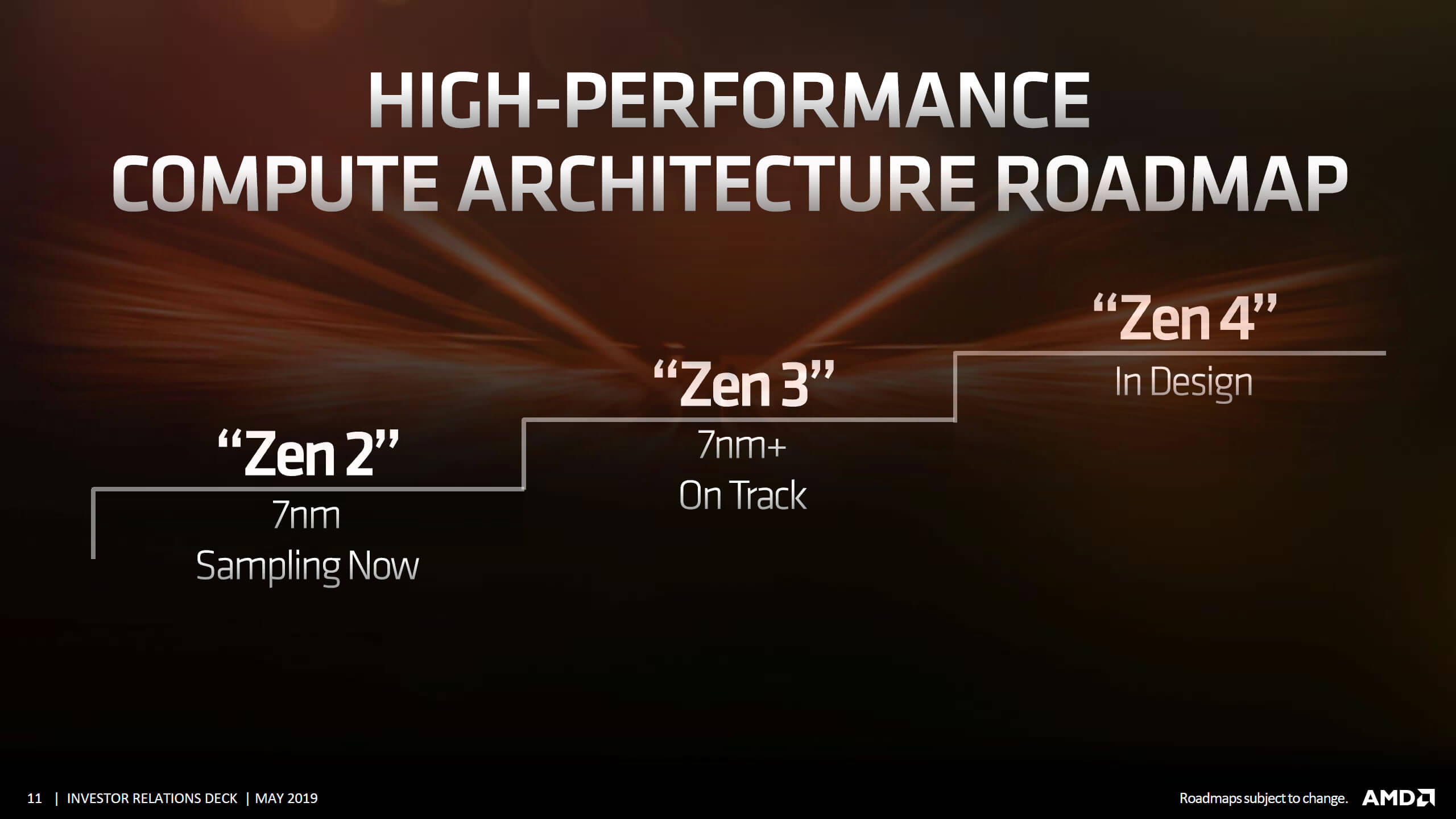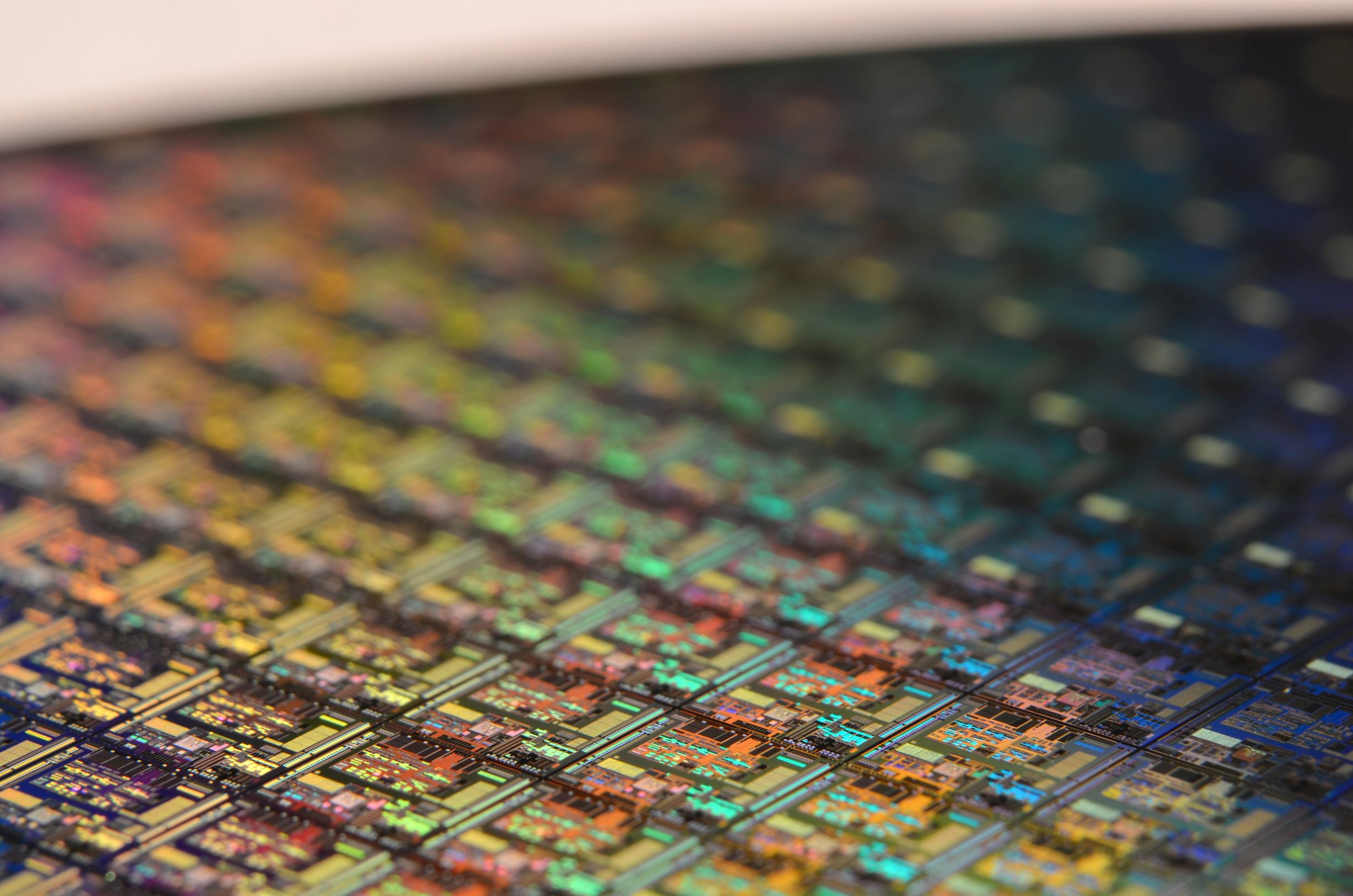Something to look forward to: At TSMC's recent technology forum in Hsinchu, Taiwan, the company's CEO confirmed new details regarding N7+, TSMC's refined 7nm node employing EUV (extreme ultraviolet) lithography. Most importantly, N7+ chips are already being produced and 7nm production will ramp up by 150% this year to one million total units.
Despite how young 7nm technologies are, having yet to appear in a single laptop or desktop, they are already superseded by 7nm+.
N7+ has identical yield rates to N7 and will steadily improve, while also offering a 20% increase to transistor density. There's also a 10% performance uplift or 15% power efficiency increase. AMD will take advantage of the former in their fourth-gen Ryzen which they've confirmed to use TSMC's 7nm+, while Huawei will most likely take advantage of the latter in their mobile SoC flagships due out in devices at the end of the year.
While this is all pretty good news for the consumer, it also means that Intel's got some challenges ahead. They've long touted that their 10nm process is equivalent to TSMC's 7nm, but what about 7nm+? And while some 10nm products will appear in laptops later this year, key market segments, like desktops, high-performance laptops, and server parts won't receive 10nm hardware for up to three years.

As a bonus, TSMC's 5nm EUV technology is coming along swimmingly. They're already bringing equipment into Fab 18, their first 5nm facility, which will begin production in the first quarter of 2020. The land next door is reserved for a new 3nm facility, which is on track to begin outputting hardware in 2022. Things couldn't be much better for TSMC and their partner AMD right now.
Image Credit: Laura Ockel on Unsplash
